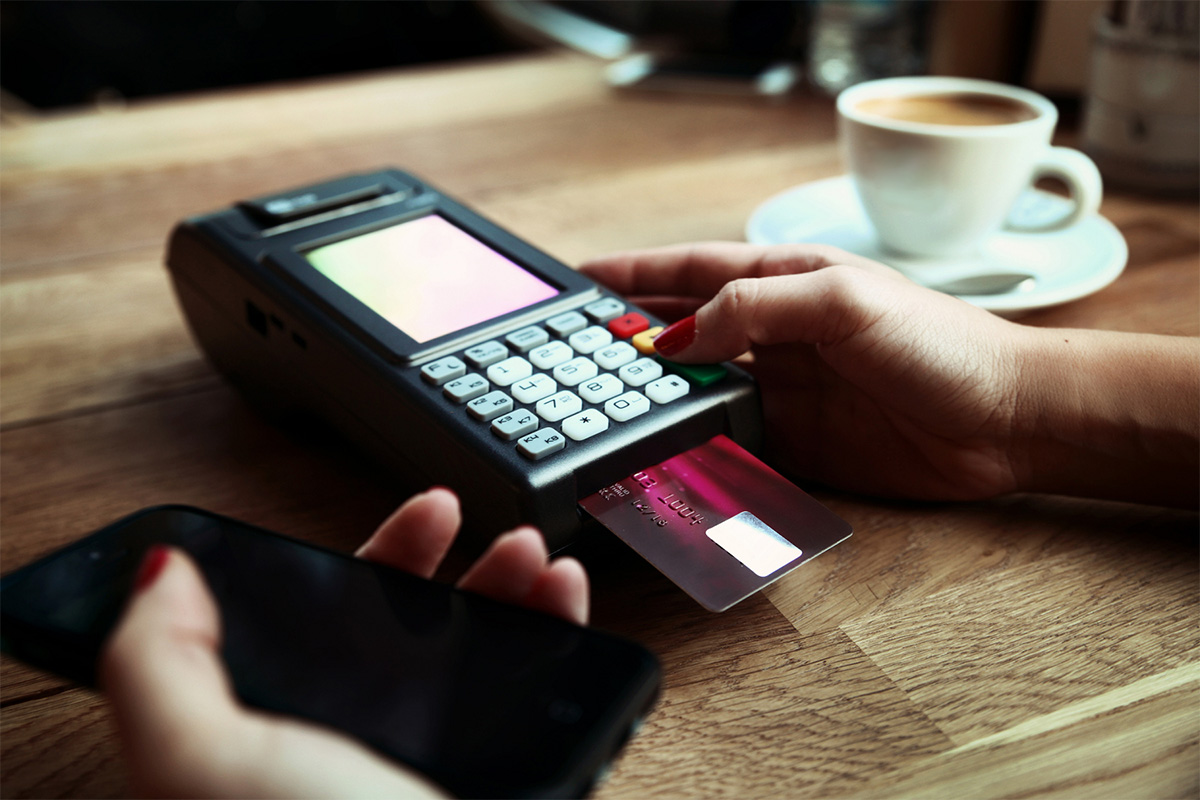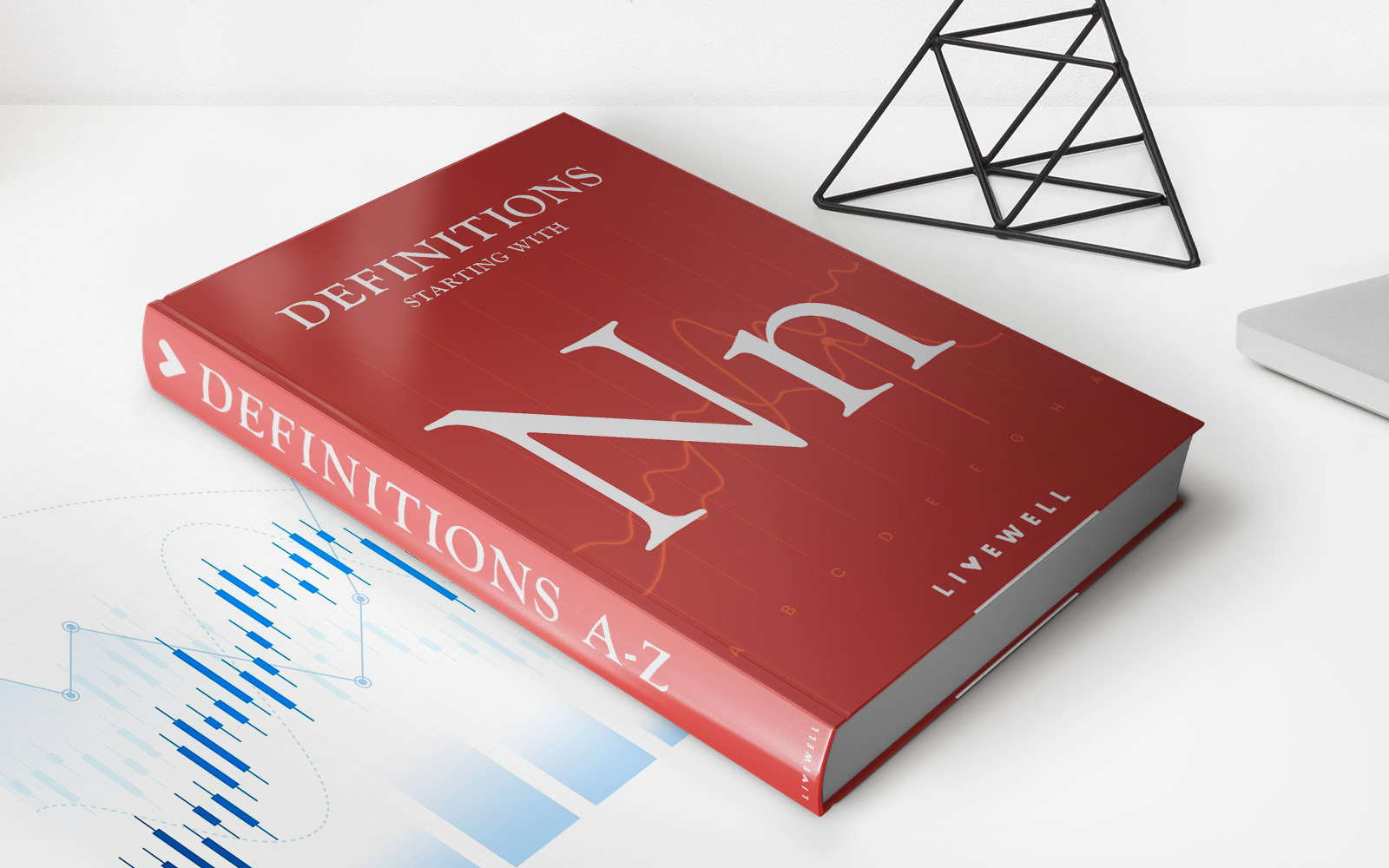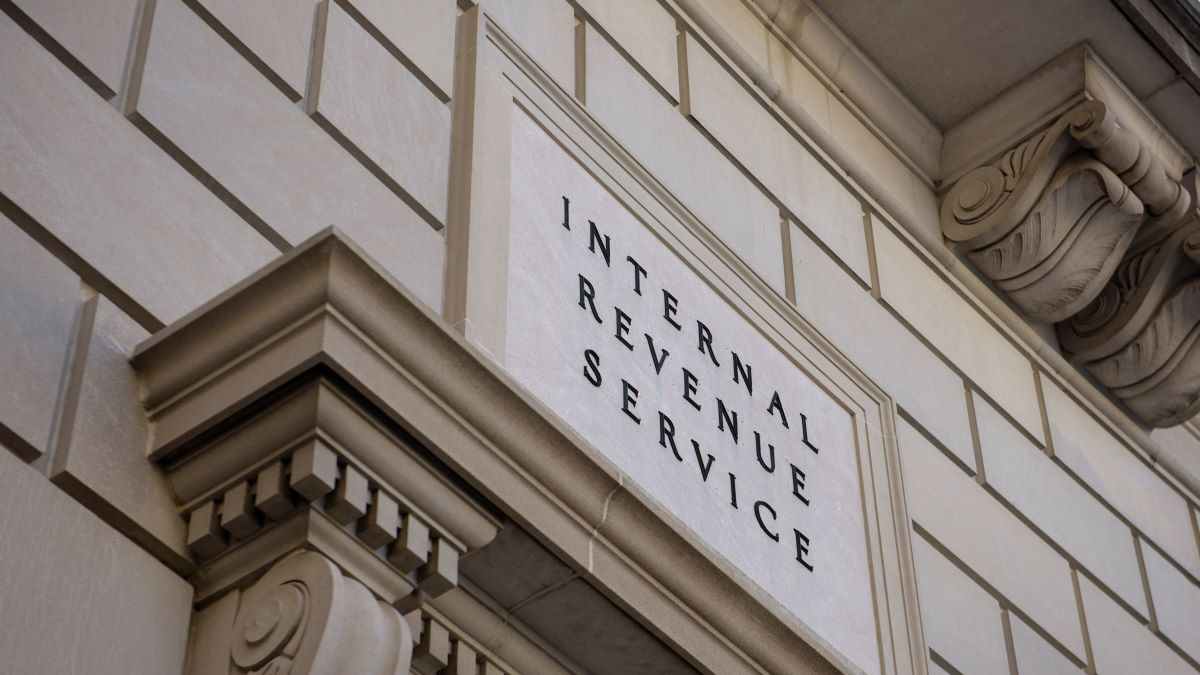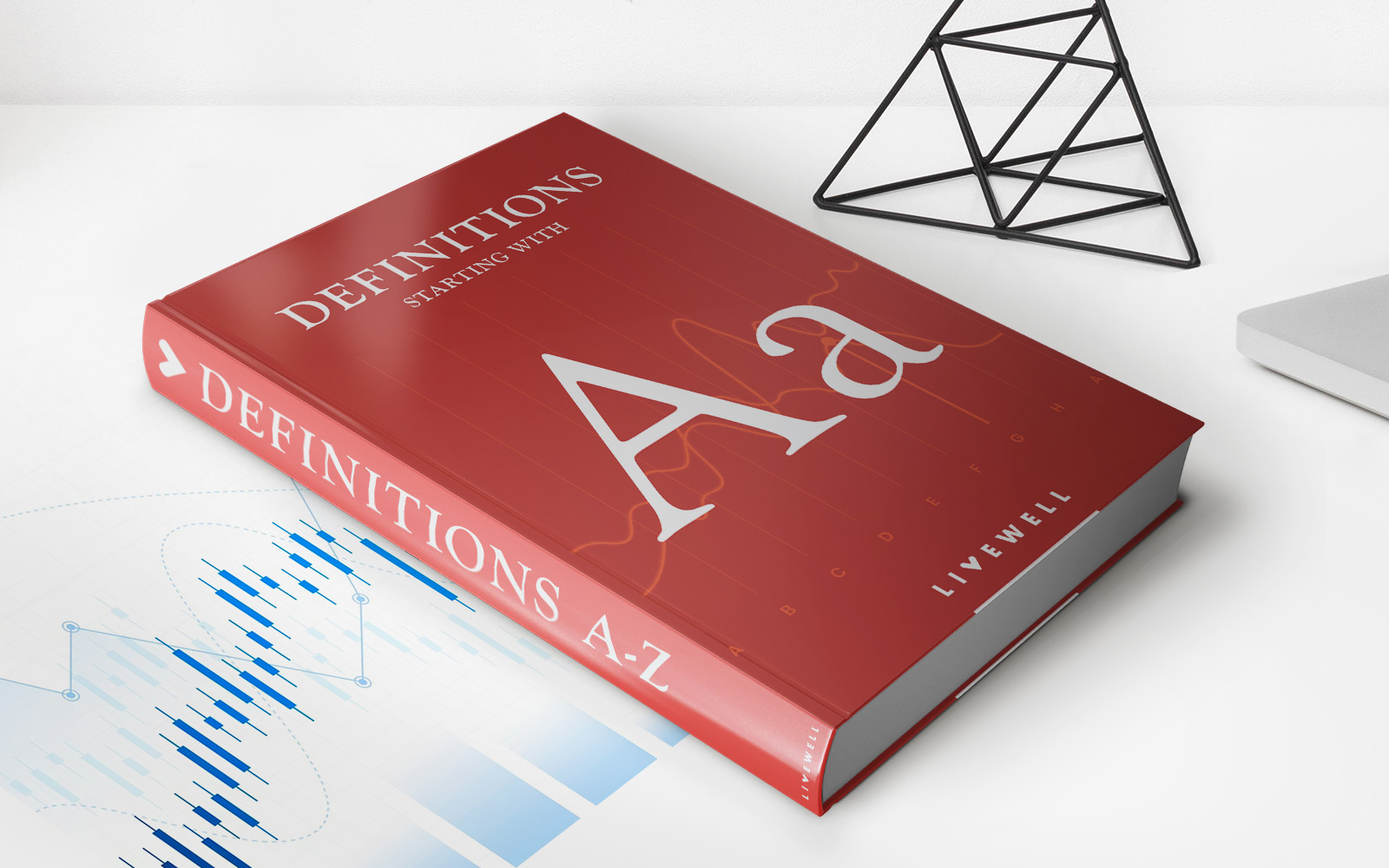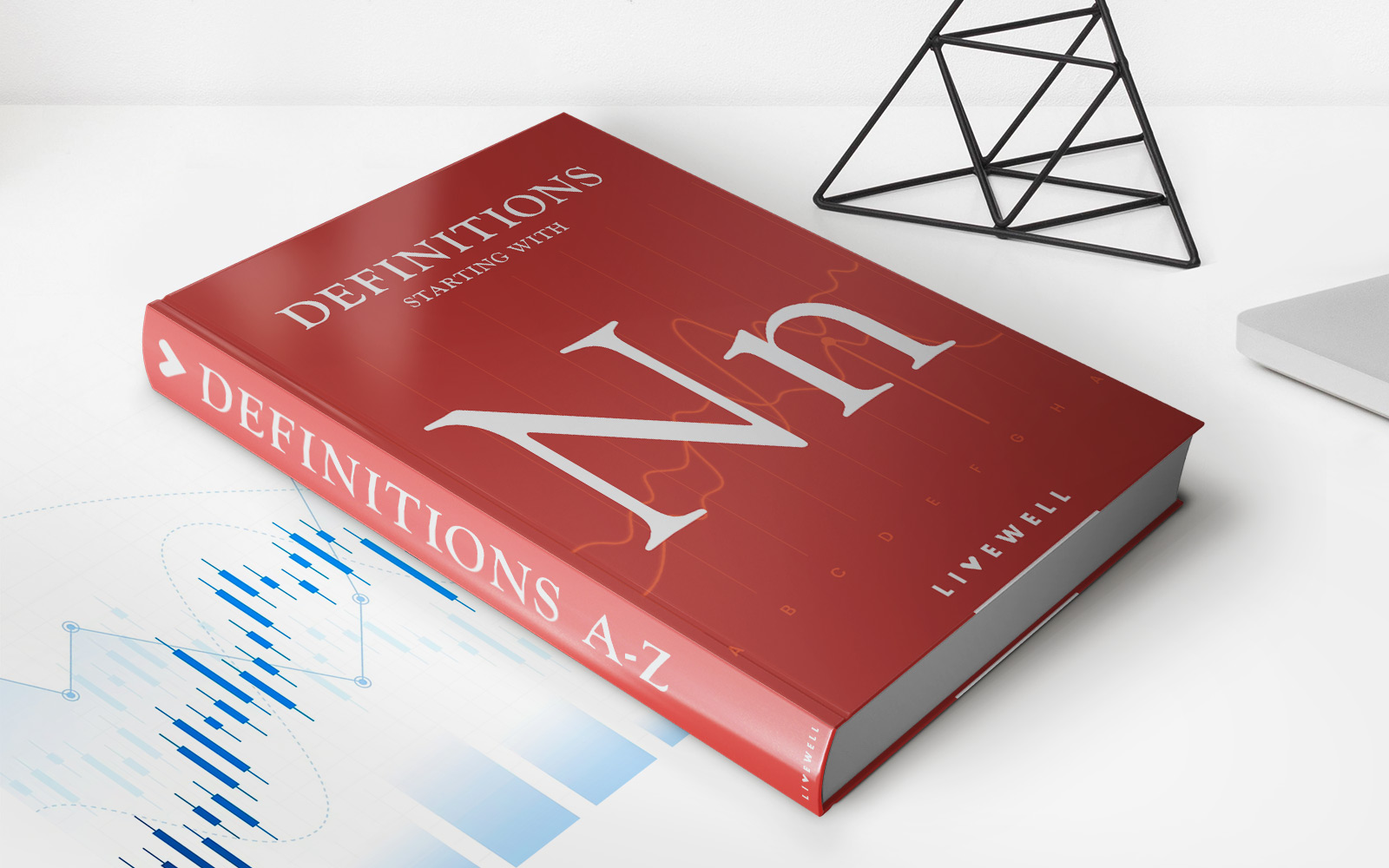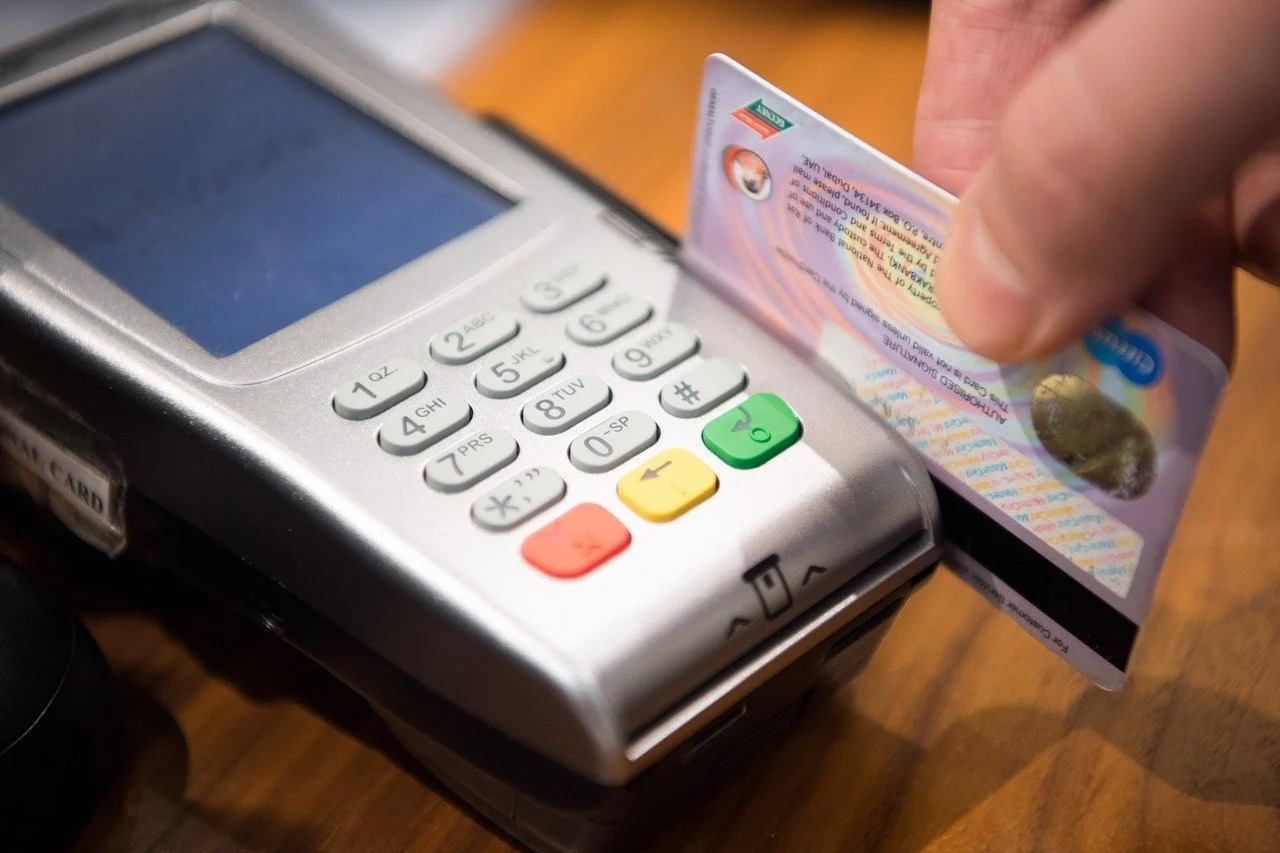

Finance
What Can I Buy With Credit
Modified: February 21, 2024
Discover what you can buy with credit and improve your financial situation. Explore various finance options and make smart purchasing decisions.
(Many of the links in this article redirect to a specific reviewed product. Your purchase of these products through affiliate links helps to generate commission for LiveWell, at no extra cost. Learn more)
Table of Contents
Introduction
Welcome to the world of credit! In today’s society, credit cards have become a ubiquitous tool for making purchases and managing finances. With the swipe of a card or the click of a button, we can buy goods and services instantly, without the need for physical cash.
But have you ever wondered what you can actually buy with credit? The answer is practically anything! From groceries and gas to travel and electronics, credit cards offer a convenient and flexible way to make purchases. However, it’s important to understand how credit works and the benefits and considerations that come with using credit to make your purchases.
In this article, we will explore the world of credit and discuss the various things you can buy when using credit cards. We will delve into the advantages of using credit cards, the common purchases made with credit, factors to consider before making a purchase, popular credit card rewards programs, and tips for responsible credit card use.
So, whether you’re a credit card newbie or simply looking to make the most out of your credit card, read on to discover what you can buy with credit and learn how to use credit wisely to enhance your financial well-being.
Understanding Credit and Credit Cards
Before we dive into the world of credit card purchases, let’s first explore what credit and credit cards actually are. Credit is a financial tool that allows you to borrow money from a lender, with the promise to repay it in the future.
A credit card is a form of revolving credit, where the lender (usually a bank or financial institution) provides you with a line of credit. This line of credit represents the maximum amount of money you can borrow using your credit card. When you make a purchase with a credit card, you are essentially borrowing money from the lender to complete the transaction.
One of the key features of credit cards is the grace period. This period, typically between 21 and 25 days, allows you to repay your credit card balance without incurring any interest charges. However, if you do not pay off your balance in full by the end of the grace period, interest will be applied to the remaining balance.
It’s important to note that credit cards come with associated fees and interest rates. These fees may include an annual fee, late payment fees, and foreign transaction fees, among others. Interest rates, also known as APR (Annual Percentage Rate), can vary depending on your creditworthiness and the type of credit card you have.
By understanding the basics of credit and credit cards, you can make informed decisions when it comes to using credit for your purchases. Now, let’s explore the benefits of using credit cards.
Benefits of Using Credit Cards
Using credit cards for your purchases offers a range of benefits that can enhance your financial flexibility and provide added convenience. Here are some key advantages of using credit cards:
- Convenience: Credit cards allow you to make purchases without carrying around large amounts of cash. With just a swipe or a tap, you can complete transactions quickly and easily.
- Security: Credit cards offer added security compared to carrying cash. In cases of theft or loss, you can quickly report the incident and have your card canceled, minimizing the potential risk of financial loss.
- Build Credit History: Regular and responsible use of credit cards can help you establish and build a positive credit history. This can be beneficial when applying for loans, mortgages, or even future credit cards, as lenders often consider your credit history as a key factor in their decision.
- Rewards and Perks: Many credit cards come with rewards programs that allow you to earn points, cashback, or other incentives for your spending. These rewards can be redeemed for travel, merchandise, statement credits, and more, adding value to your purchases.
- Emergency Funds: Credit cards can serve as a backup source of funds in case of emergencies. If you find yourself in a situation where you need to make an unexpected purchase or cover an unforeseen expense, having a credit card can provide immediate assistance.
It’s important to note that while credit cards offer these benefits, responsible use is crucial. Avoiding unnecessary debt, paying off your balance in full each month, and managing your credit utilization can help you maximize the advantages of using credit cards while minimizing potential downsides.
Now that we’ve explored the benefits of using credit cards, let’s delve into the various purchases you can make with credit.
Common Purchases Made with Credit
When it comes to using credit cards, the possibilities are virtually endless. Credit cards can be used to make various types of purchases, both big and small. Here are some common purchases made with credit:
- Everyday Expenses: Credit cards are often used to cover day-to-day expenses such as groceries, gas, dining out, and shopping for clothes or household items. They provide a convenient way to make these purchases without needing cash on hand.
- Travel and Accommodation: Whether you’re planning a weekend getaway or a dream vacation, credit cards can be a useful tool for booking flights, hotels, rental cars, and other travel-related services. Some credit cards even offer travel-specific perks and rewards, such as airport lounge access or travel insurance.
- Online Shopping: The rise of e-commerce has made online shopping incredibly popular, and credit cards are the go-to method for completing these transactions. From clothing and electronics to books and household goods, credit cards offer a secure and convenient way to shop online.
- Entertainment and Events: Credit cards can be used to purchase tickets for concerts, sporting events, movies, and other forms of entertainment. They provide a seamless way to secure your spot at your favorite shows, ensuring you don’t miss out on any memorable experiences.
- Home Improvement and Furnishings: If you’re looking to spruce up your living space, credit cards can be used to buy furniture, appliances, and home improvement supplies. Whether you’re renovating or redecorating, credit cards offer flexibility in funding these projects.
- Healthcare and Medical Expenses: Credit cards can also be used to cover medical expenses, including doctor visits, prescription medications, and dental work. They can serve as a convenient option for managing unexpected or ongoing healthcare costs.
These are just a few examples of the wide range of purchases you can make with credit cards. The key is to ensure you can afford to pay off these purchases in a timely manner, taking into consideration your credit limit, interest rates, and any applicable fees.
Next, let’s discuss some important factors to consider before making a purchase with credit.
Factors to Consider Before Making a Purchase with Credit
While credit cards offer convenience and flexibility for making purchases, it’s important to consider several factors before using your credit card to buy something. Here are some key factors to keep in mind:
- Budget and Affordability: Before making a purchase, assess your budget and determine if you can afford to pay off the amount in full when your credit card bill arrives. Avoid making impulsive purchases that may lead to debt and financial stress down the line.
- Interest Rates: If you are unable to pay off your credit card balance in full, you will be charged interest on the remaining balance. Consider the interest rate on your credit card and how it will impact the total cost of your purchase over time.
- Repayment Plan: Have a clear plan for how and when you will repay the purchase amount. Making only minimum payments can lead to interest accumulation and long-term debt. Aim to pay off your credit card balance as soon as possible to avoid unnecessary interest charges.
- Rewards and Benefits: If your credit card offers rewards or benefits, consider how they align with your spending habits. Choose a credit card that offers rewards that you value and can make the most of. However, avoid overspending solely to earn rewards, as it may lead to unnecessary debt.
- Return Policies and Purchase Protection: Familiarize yourself with the return policies of the store or merchant where you plan to make the purchase. Additionally, some credit cards offer purchase protection, which can be useful in case of damaged or faulty products.
- Credit Utilization: Keep in mind your overall credit utilization ratio, which is the amount of credit you have used compared to your total credit limit. High credit utilization can negatively impact your credit score. Aim to keep your credit utilization below 30% to maintain a healthy credit profile.
By considering these factors, you can make better-informed decisions about using credit for your purchases and avoid unnecessary debt or financial strain. Now, let’s explore some popular credit card rewards programs.
Popular Credit Card Rewards Programs
Credit card rewards programs have gained immense popularity in recent years. These programs allow cardholders to earn points, miles, or cashback on their purchases, which can be redeemed for various rewards. Here are some popular credit card rewards programs:
- Cashback Rewards: Cashback rewards programs offer a percentage of your spending back in the form of cash. For example, a card may offer 1% cashback on all purchases or higher percentages for specific categories such as groceries, gas, or dining.
- Travel Rewards: Travel rewards programs allow you to earn points or miles that can be redeemed for flights, hotel stays, car rentals, and other travel-related expenses. Some credit cards even partner with specific airlines or hotel chains, offering enhanced rewards and benefits.
- Rewards for Specific Categories: Some credit cards prioritize specific spending categories, such as dining, groceries, or entertainment. These cards offer higher rewards in those categories, allowing you to maximize your earning potential on your most frequent expenses.
- Flexible Rewards: Certain credit card rewards programs offer flexibility by allowing you to redeem your points or miles for a variety of options, including travel, merchandise, gift cards, or even statement credits. This flexibility provides cardholders with more choices in how they use their rewards.
- Bonus Offers: Many credit cards come with introductory bonus offers, where you can earn a significant number of points or miles after meeting a spending requirement within a certain timeframe. These bonus offers can jumpstart your rewards earning and provide additional value.
- Co-Branded Rewards: Co-branded credit cards are affiliated with specific retail or travel brands, offering rewards that are tailored to their products or services. These cards often come with additional perks like discounts, priority access, or exclusive event invitations.
When choosing a credit card rewards program, consider your spending habits, lifestyle, and preferences. Analyze the categories where you spend the most and select a card that aligns with your needs. Additionally, pay attention to any annual fees associated with the rewards program to ensure that the benefits outweigh the costs.
Now that we’ve explored popular credit card rewards programs, let’s move on to some essential tips for responsible credit card use.
Tips for Responsible Credit Card Use
Using credit cards responsibly is paramount to maintaining a healthy financial lifestyle. Here are some essential tips to ensure responsible credit card use:
- Create a Budget: Set a monthly budget that includes your credit card expenses. This will help you keep track of your spending and ensure that you can afford to pay off your balance in full each month.
- Pay Your Balance in Full: Whenever possible, pay off your credit card balance in full by the due date. This helps you avoid interest charges and minimizes the risk of accumulating unnecessary debt.
- Avoid Minimum Payments: Paying only the minimum amount due each month can lead to long-term debt and high interest charges. Always strive to pay more than the minimum required amount to reduce your outstanding balance.
- Monitor Your Statements: Regularly review your credit card statements to check for any errors or unauthorized transactions. Promptly report any discrepancies to your credit card issuer to ensure that you are not held responsible for fraudulent charges.
- Keep Your Credit Utilization in Check: Aim to keep your credit utilization ratio, which is the percentage of your credit limit that you are using, below 30%. This demonstrates responsible credit management and can positively impact your credit score.
- Avoid Impulsive Purchases: Take the time to consider whether a purchase is necessary before charging it to your credit card. Avoid impulse buying and only use your credit card for planned purchases that fit within your budget.
- Stay Organized: Keep track of your credit card receipts and statements to easily reconcile your purchases and ensure accuracy. This will also help you identify any fraudulent activity or errors promptly.
- Manage Your Credit Limit: Be mindful of your credit limit and avoid maxing out your card. Using a large percentage of your available credit can negatively impact your credit score and may indicate financial stress to lenders.
- Don’t Overspend for Rewards: While credit card rewards can be enticing, do not overspend in an attempt to earn more rewards. Make sure your purchases align with your budget and financial goals.
- Communicate with Your Issuer: If you encounter financial hardships or are unable to make a payment, communicate with your credit card issuer. They may be able to offer alternatives such as payment plans or temporary relief programs.
By following these tips, you can use your credit card responsibly, maintain control over your finances, and build a positive credit history. Now, let’s wrap up our discussion.
Conclusion
Credit cards provide us with a convenient and flexible way to make purchases, offering a multitude of benefits and rewards. Throughout this article, we’ve explored the world of credit and credit card purchases, understanding the basics of credit, the benefits of using credit cards, and the common purchases made with them.
We’ve also discussed important factors to consider before making a purchase with credit, including budgeting, interest rates, and repayment plans. Furthermore, we delved into popular credit card rewards programs that allow cardholders to earn points, miles, or cashback on their spending.
Responsible credit card use is crucial to ensure a healthy financial life. By creating a budget, paying off balances in full, monitoring statements, and keeping credit utilization in check, we can make the most of our credit cards while avoiding unnecessary debt.
So, the next time you reach for your credit card, consider the potential purchases you can make, but always remember to use credit wisely and within your means. By doing so, you can enjoy the convenience, security, and rewards that credit cards have to offer, all while maintaining a strong financial foundation.
As you embark on your credit card journey, keep these tips and insights in mind, and make informed decisions that align with your financial goals. With responsible credit card use, you can unlock the full potential of your credit cards and make purchases confidently and responsibly.






